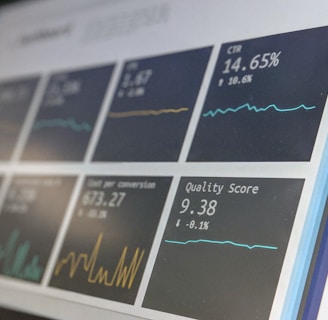How to measure Genai or possible KPI for GenAi
Key performance indicator


Success of generative AI
Evaluating the success of generative AI requires a multi-faceted approach across key performance indicators.
Precision - Ensure the model generates relevant, accurate outputs. Quantify using metrics like precision, recall and F1 scores.
Productivity Boost - Measure time savings and efficiency gains. Track tasks completed per hour and manual effort reduced.
Customer Love - For customer-facing applications, collect feedback and satisfaction scores. Gauge if AI meets needs.
Cost Control - Compare expenses before and after AI adoption. Analyze savings from automating manual processes.
Speed - Monitor turnaround times versus legacy methods. Faster responses can increase satisfaction.
Quality - Review outputs against criteria. Manual or automated checks help spot errors.
Error Reduction - Minimize mistakes by tracking error rates. Reliability depends on maximizing accuracy.
Business Impact - Connect AI benefits to metrics like sales, retention and complaints. Prove real-world value.
Training Efficiency - Optimize time and resources needed to train models. Faster iteration means faster implementation.
Human Collaboration - If humans are involved, track oversight metrics. Streamline human-AI symbiosis.
Scalability - Ensure models accommodate growing demands. Plan for increased usage and scale.
Compliance - For regulated industries, confirm regulatory and privacy standards are met. Avoid compliance gaps.
Adopting a wide lens provides a complete view of AI success. Key metrics span accuracy, efficiency, quality, value and governance.
With time these KPIs may change or get updated as the entire spectrum of GenAi is evolving.
New job profiles and new skill sets would be needed.
Tags: #GenAi #KPI #AI #Amazon #Google #Meta #Microsoft